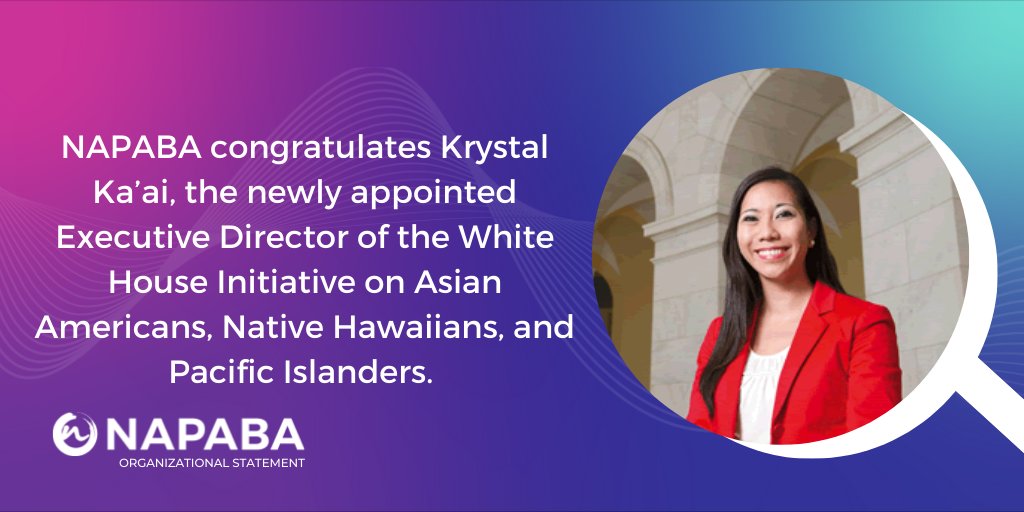
Biden executive order establishes new White House AAPI initiative with expanded goals
Administrations since President Clinton’s have had AAPI initiatives, but Biden’s comes amid a major uptick in hate crimes against Asian-Americans.
As of March 2021, Asian-Americans only made up 6.4% of the federal workforce and Native Hawaiian and Pacific Islanders made up just 0.55%, according to the Office of Personnel Management.
Despite Biden’s efforts to nominate and confirm a diverse cabinet staff, his administration was initially criticized for a lack of AAPI representation.
In March, Sens. Tammy Duckworth and Mazie Hirono, the only two AAPI women in Congress, vowed to hold up any “non-diverse” nominees until the White House committed to appointing or nominating AAPI candidates.
Their resistance succeeded, and Erika Moritsugu was appointed as the senior AAPI liaison on April 14.
The AAPI community has been experiencing a surge in racial hatred, violence and discrimination for over a year now. From March 19, 2020 to Feb. 28, 2021, Stop AAPI Hate recorded 3,795 incidents of hate.
The White House responded by passing the COVID-19 Hate Crimes Act, which will work to better track anti-Asian hate crimes, train law enforcement to recognize it and intervene, and designate a Justice Department official to examine and speed up pandemic-related hate crime reports.
What an honor to be at the White House today to join with @VP Harris, @RepGraceMeng, @maziehirono, @SenDuckworth, the Jabara and Heyer families and so many others as @potus signed the COVID-19 Hate Crimes Act to help #StopAsianHate pic.twitter.com/HawinnNIhh
— Judy Chu (@RepJudyChu) May 20, 2021
On Friday, May 28, President Biden signed an executive order establishing the White House Initiative on Asian-Americans, Native Hawaiians, and Pacific Islanders at the end of AAPI Heritage Month.
The initiative intends to advance “equity, justice, and opportunity” for all Americans of Asian and Pacific Islander descent, with an emphasis on responding to the uptick in hate crimes.
[BREAKING] NCAPA Celebrates the Biden’s Administration’s Establishment of the White House Initiative on Asian Americans, Native Hawaiians, and Pacific Islanders.
— NCAPA | National Council of Asian Pacific American (@NCAPAtweets) May 28, 2021
Read our full statement here: https://t.co/A2nEj3FiU3#WhoWeAre #SeeUsUnite #APAHM pic.twitter.com/B2Tq1fd7lD
“The COVID-19 pandemic, and the xenophobic rhetoric used by certain political leaders during this crisis, have led to a tragic spike in acts of anti-Asian bias, violence, and xenophobia,” the White House said in a statement.
The first White House AAPI Initiative was established by former President Bill Cliton in 1999 and then renewed by former Presidents George W. Bush, Barack Obama and Donald Trump.
The Biden administration’s version has expanded to include Native Hawaiians, and Krystal Ka’ai will be the executive director.
The executive order also renewed the Presidential Advisory Commission on Asian Americans, Native Hawaiians and Pacific Islanders, which will be housed within the Department of Health and Human Services.
This advisory commission will advise Biden on how to engage public, private and nonprofit sectors to cooperate on advancing equity and reducing xenophobia.
The commission is also tasked with advising Biden on federal grantmaking and policies to address anti-Asian xenophobia and violence, as well as the intersectional barriers facing AA and NHPI women, LGBTQ+ people, and people with disabilities.
Among the goals of the AANHPI Initiative : addressing the huge access, educational, and poverty disparities in the country’s most diverse racial/ethnic group pic.twitter.com/QuXt7ymbaB
— amna (@IAmAmnaNawaz) May 28, 2021
“These announcements build on the Biden-Harris Administration’s historic actions to combat bias, violence, and xenophobia against AA and NHPI communities,” said the White House.
RELATED CONTENT
The executive order acknowledged the deep roots of anti-Asian racism and xenophobia in the U.S. and how Asian-Americans have been unfairly blamed for the pandemic, resulting in a surge of hate crimes, many of them fatal.
“The federal government must provide the moral leadership, policies and programs to address and end anti-Asian violence and discrimination, and advance inclusion and belonging for all AA and NHPI communities,” the order read.
The initiative will be coordinating federal interagency policymaking and program development efforts to remove barriers to equity and opportunity for AA and NHPI communities.
There is a long list of objectives for the initiative including addressing poverty and environmental justice, expanding language access, distributing federal funds, and improving representation, leadership development and advancement of AA and NHPI public servants at all levels of the federal workforce.
The administration has received much praise from advocacy groups both for reestablishing the initiative and for putting Ka’ai in charge, making her the first Native Hawaiian to lead it.
In a statement, the AAPI Victory Alliance said that this is the first step towards advancing the power of the AAPI community and allowing them to “have a seat at the table,” when it comes to the issues that mean the most to them.
“The time for AAPIs to have a seat at the table has never been more crucial. We commend President Joe Biden for recognizing our communities and installing this initiative,” the statement read.
Both the Asian Pacific American Institute for Congressional Studies (APAICS) and the National Asian Pacific American Bar Association (NAPABA) applauded Biden’s appointment of Ka’ai.
Priya Purandare, executive director of NAPABA added that Ka’ai has extensive experience working on nearly every significant legislative and policy priority that impacts this community, making her “uniquely situated to lead” during such a critical time.











LEAVE A COMMENT:
Join the discussion! Leave a comment.